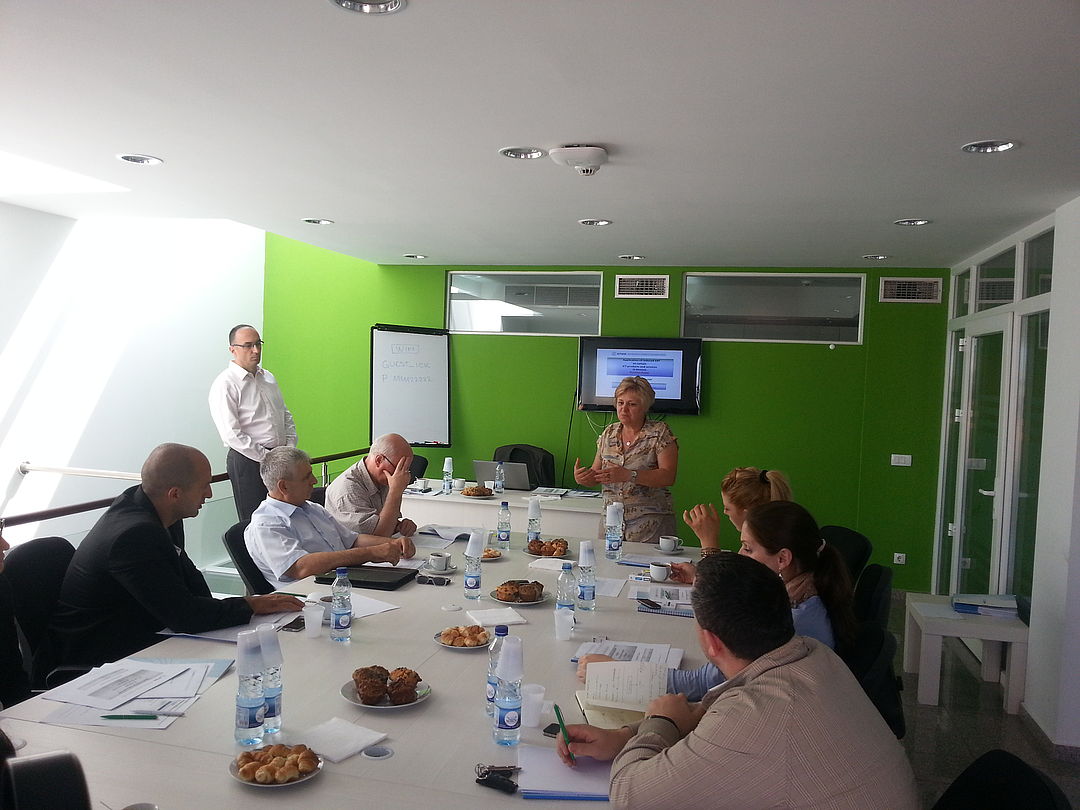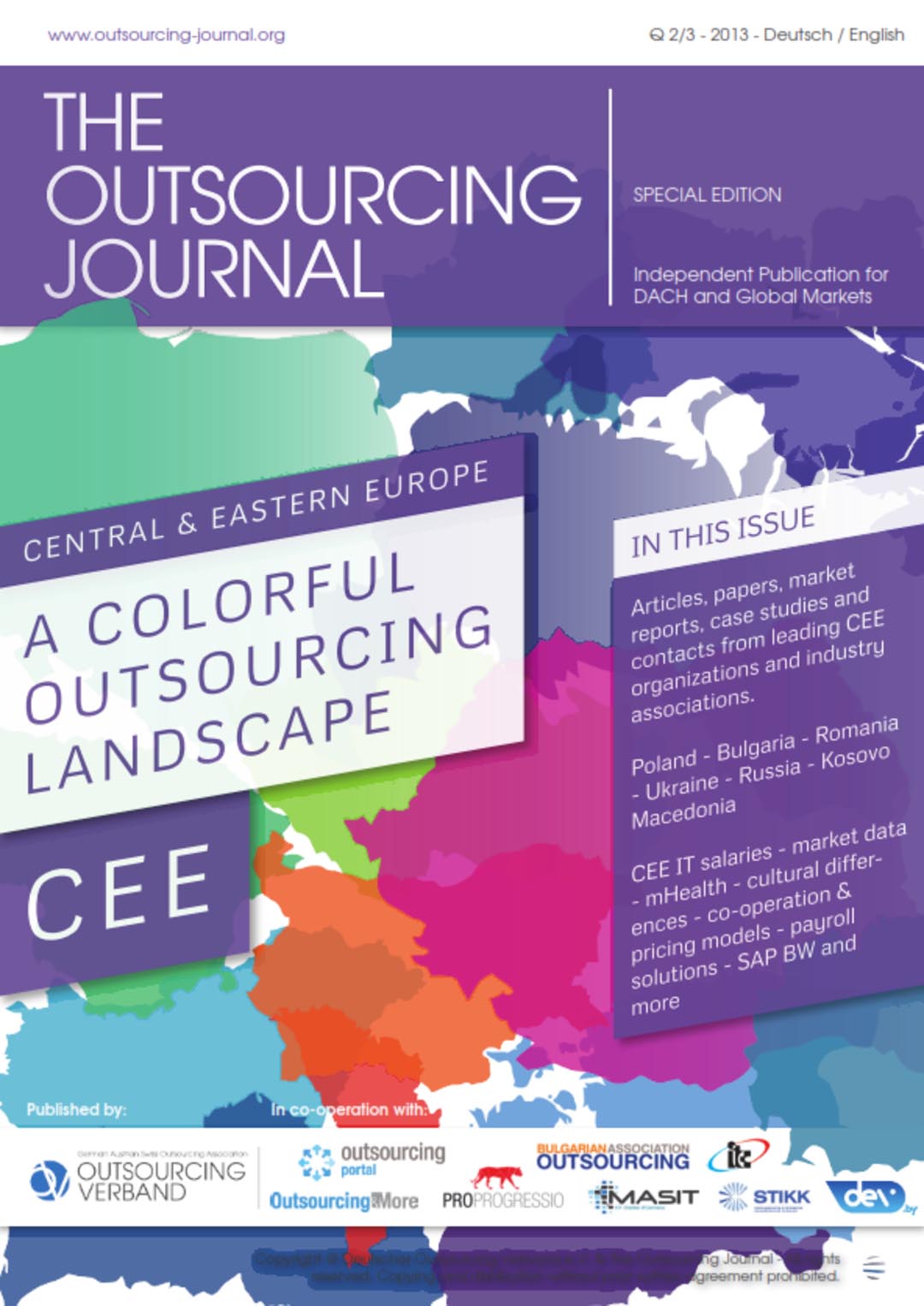Nuk është teknologjia ajo që ndalon korrupsionin. Është faktori njeri!
Korrupsioni, definohet si “sjellje e pandershme ose mashtruese nga ata që janë në pushtet, në mënyrë tipike që përfshin ryshfetin”. Në vende në zhvillim e sipër shfaqet në mënyrë rutinore si një mundësi për një të pakualifikuar ose të pandershëm të arrijë pozitën më të mirë të punës, sigurimin e parave të shpejta, punësimin e padrejtë të familjarit e deri te gjërat më elementare sikurse trajtimin më të mirë në shërbimet publike.
Lorik Mullaademi
Por këtu nuk do të ju flas për korrupsionin, se me siguri ju si kosovarë po e përjetoni atë çdo ditë. Në raportin e fundit të Transparency International, gjendemi në vendin e 103-të në botë, dhe të fundit nga shtetet e Ballkanit. Këtu do të flas për teknologjinë si një armë që mund të përdoret në luftimin e kësaj dukurie famëkeqe.
Kohëve të fundit, zhvillimet e teknologjisë, sidomos ato të komunikimit masiv sikurse telefoni dhe interneti, i kanë dhënë zë njeriut të ndershëm. Shumë nga ne, përmes rrjeteve sociale kemi krijuar komunitetin tonë ku zëri ynë po përçohet. Mirëpo, a po e përdorim këtë fuqi që na jepet për të luftuar korrupsionin? – Dikush shumë e dikush hiç. Një pjesë e madhe e qytetarëve mbase kanë humbur besimin që një dukuri si korrupsioni luftohet kur ka vrull kaq të madh të aktiviteteve, analfabetizmi teknologjik, apo mosekzistimi ose njoftimi për ekzistimin e një platforme teknologjike “antikorrupsion”. Mirëpo, këto nuk janë arsye për mosluftimin e kësaj dukurie, sepse teknologjinë e kemi prezent çdo minutë të jetës tonë, të ofruar në mënyra të ndryshme dhe të lehta, duke ia nisur prej mediave sociale e deri te platformat më të veçanta për raportim.
Ta kemi parasysh që teknologjia është vetëm një mjet, që ka një proces të projektuar të përdorimit për qëllime të ndryshme dhe që shfrytëzohet e fuqizohet nga faktori njeri. Në fjalë më të thjeshta, pa njerëz nuk do të kishte funksionuar as “Facebook”-u.
Në Sallonin e së Martës së 15 marsit 2016 të organizuar nga D4D, u prezantuan disa nga teknologjitë antikorrupsion të ofruara nga akterë publikë dhe shoqëria civile, e të ndërtuara nga sektori privat. Në këtë rast, një nga teknologjitë e prezantuara ra në pah më shumë për shembullin e mirë në luftimin e korrupsionit – portali “Kallxo.com”. Në aspekte të teknologjisë, ky portal nuk dallonte shumë nga teknologjitë e tjera të prezantuara. Të gjitha aspektin teknologjik e kishin plotësuar, e në raste disa e kishin edhe më të thjeshtë. Mirëpo, ajo që e dallon “Kallo.com”-in nga të tjerat është procesi pas raportimit, ku përfshihen 1. një ekip i gjerë profesionistësh që merren me rastet, 2. gërshetimi me faktorin social, ku rastet publikohen e ndonjëherë marrin bujë dhe reagim, si dhe më e rëndësishmja 3. besimi i fituar i qytetarit për të raportuar. Andaj, procesi dhe njerëzit qëndrojnë pas kësaj teknologjie.
Komuniteti i sektorit të teknologjisë së informacionit dhe komunikimit (TIK) ka kohë që mundohet të propozojë disa nga alternativat e veta për të fuqizuar qytetarin duke ofruar informacion transparent dhe të hapur (open data), transparencë në gjurmë digjitale (digital footprint), qasje më të lehtë dhe automatizim të proceseve përmes telefonave personalë e internetit. Mirëpo, pa vullnetin e ndryshimit dhe luftimit në epiqendër, këto alternativa nuk kanë edhe aq dobi. Si pasojë, të gjitha këto alternativa teknologjike do të ishin më të suksesshme po të adaptoheshin dhe të ofroheshin nga akterët kryesorë të këtij shteti, dhe në raste të keqpërdorimit të përdoreshin nga sistemet e drejtësisë. Edhe pse kjo duket për momentin e pamundshme të arrihet, një nga autorët më të shquar të fantashkencës, zt. Arthur C. Clarke, në 3 ligjet e tij të parashikimit dhe teknologjisë vrojton që “e vetmja mënyrë për të zbuluar kufijtë e së mundshmes është për të kaluar një copë rrugë në të pamundurën”.
Transparency International thekson që për të ndaluar korrupsionin nevojitet, 1. ndalimi i mosndëshkimit, 2. reformimi i administratës publike dhe menaxhimit të financave, 3. nxitja e transparencës, 4. fuqizimi i qytetarit, 5. moslejimi i shpëlarjes në vakumin ndërkombëtar. Nëse këto pika rrjedhin nën valën e zhvillimit të trendeve të teknologjisë, atëherë mund të shpresojmë në zgjidhjen e tyre, përmirësimin e gjendjes dhe zhvillimin normal socio-ekonomik të vendit.
Në fund, ajo çfarë dua të theksoj dhe të ndaj me lexuesin e këtij editoriali, nuk është që ju të besoni që teknologjia do të luftojë në emër tuajin këtë dukuri, por jeni ju ata që po i bashkuat rendet dhe prioritetet mund të përdorni teknologjinë për të ngritur fushata vetëdijesuese, për të raportuar, për të lexuar për aktivitetet e përfaqësuesve tanë publikë dhe të ngreni iniciativat e juaja për zgjidhjen e problemit.
Origjinali në Gazeten Zeri: http://zeri.info/zerat/81984/nuk-eshte-teknologjia-ajo-qe-ndalon-korrupsionin-eshte-faktori-njeri/







